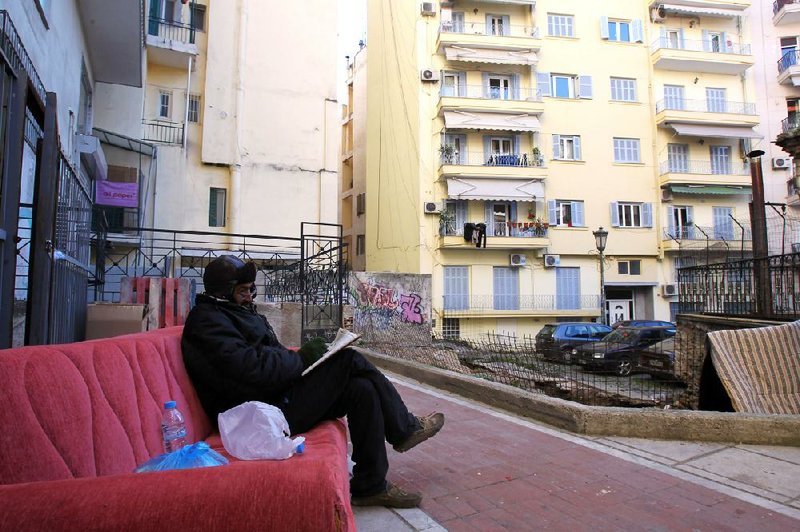BRUSSELS — Record unemployment and fraying social-welfare systems in southern Europe risk creating a greater divide in the continent, the EU warned Tuesday, when figures showed unemployment across the 17 EU countries that use the euro hit a new high.
Eurozone unemployment rose to 11.8 percent in November, the highest since the euro currency was founded in 1999, according to the statistical agency Eurostat. The rate was up from 11.7 percent in October and 10.6 percent a year earlier.
In the wider 27-nation European Union, the world’s largest economic bloc with 500 million people, unemployment broke the 26 million mark for the first time.
But the trend is not uniform. Unemployment is in- creasing mainly in those countries, mostly in southern Europe, where market concerns over excessive public debt have pushed governments to make the toughest savings, pushing the economies into recession.
States have raised taxes and cut spending — including by cutting wages and pensions, measures that hit the labor force in the pocket and reduce demand in the economy.
Laszlo Andor, the EU’s employment commissioner, warned the uneven effect of the crisis could create a rift.
“A new divide is emerging between countries that seem trapped in a downward spiral of falling output, fast rising unemployment and eroding disposable incomes and those that have so far shown good or at least some resilience,” said a statement from Andor’s office.
Last year was “another very bad year for Europe in terms of unemployment and the deteriorating social situation,” said Andor. “It is unlikely that Europe will see much socio-economic improvement in 2013.”
The single biggest increase in unemployment over the past year took place in Greece, where the rate soared to 26 percent in September, up 7.1 percentage points over September 2011’s 18.9 percent. The highest overall rate in the EU was in Spain, where 26.6 percent of the work force was jobless in November, up 3.6 percentage points compared with 2011.
By contrast, Austria posted the lowest unemployment rate in the EU, at 4.5 percent. The rate in Luxembourg was 5.1 percent, and the rate in Germany was 5.4 percent.
Beyond Europe, unemployment in the U.S. has been edging down and was at 7.8 percent as of December. In Japan it was only 4.1 percent.
“It is clear that the economic implosion of several [EU] member states continues at a troubling pace,” said Graeme Leach, chief economist at the London-based Institute of Directors. He said the stark statistics were “compounded by the political and human impact of terrifying levels of youth unemployment in Spain, Greece and Italy.”
The problem of joblessness is made worse by the fact that southern EU nations are increasingly chipping away at their social safety system to make do.
“Most national welfare systems have lost much of their ability to protect household incomes against the effects of the crisis,” said Andor.
Business, Pages 25 on 01/09/2013

